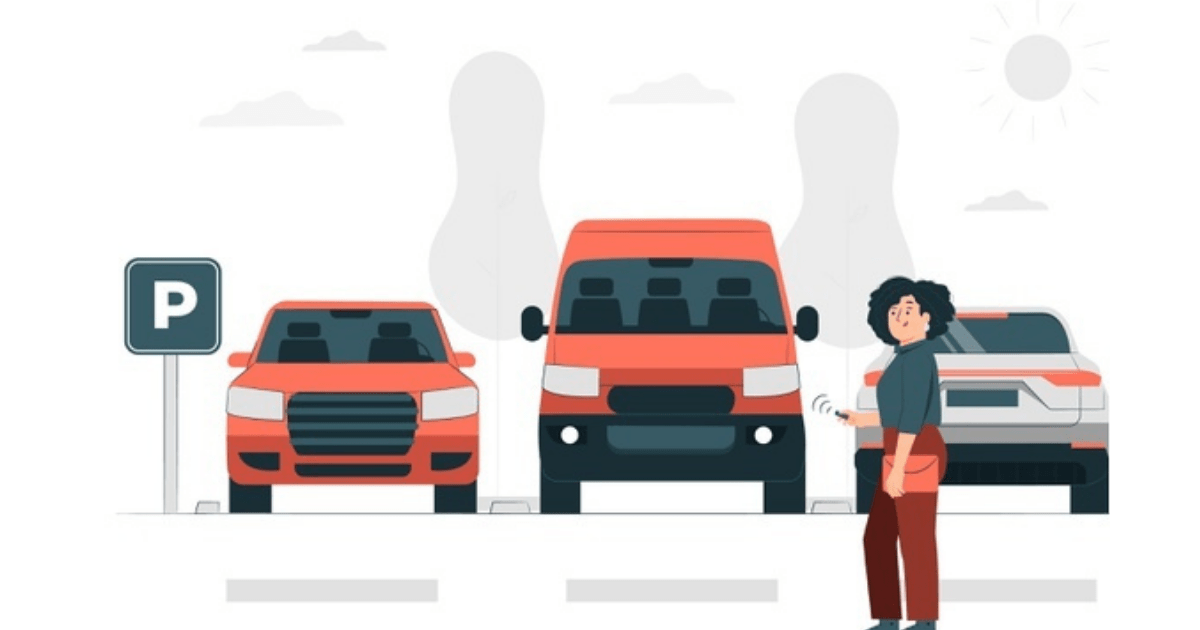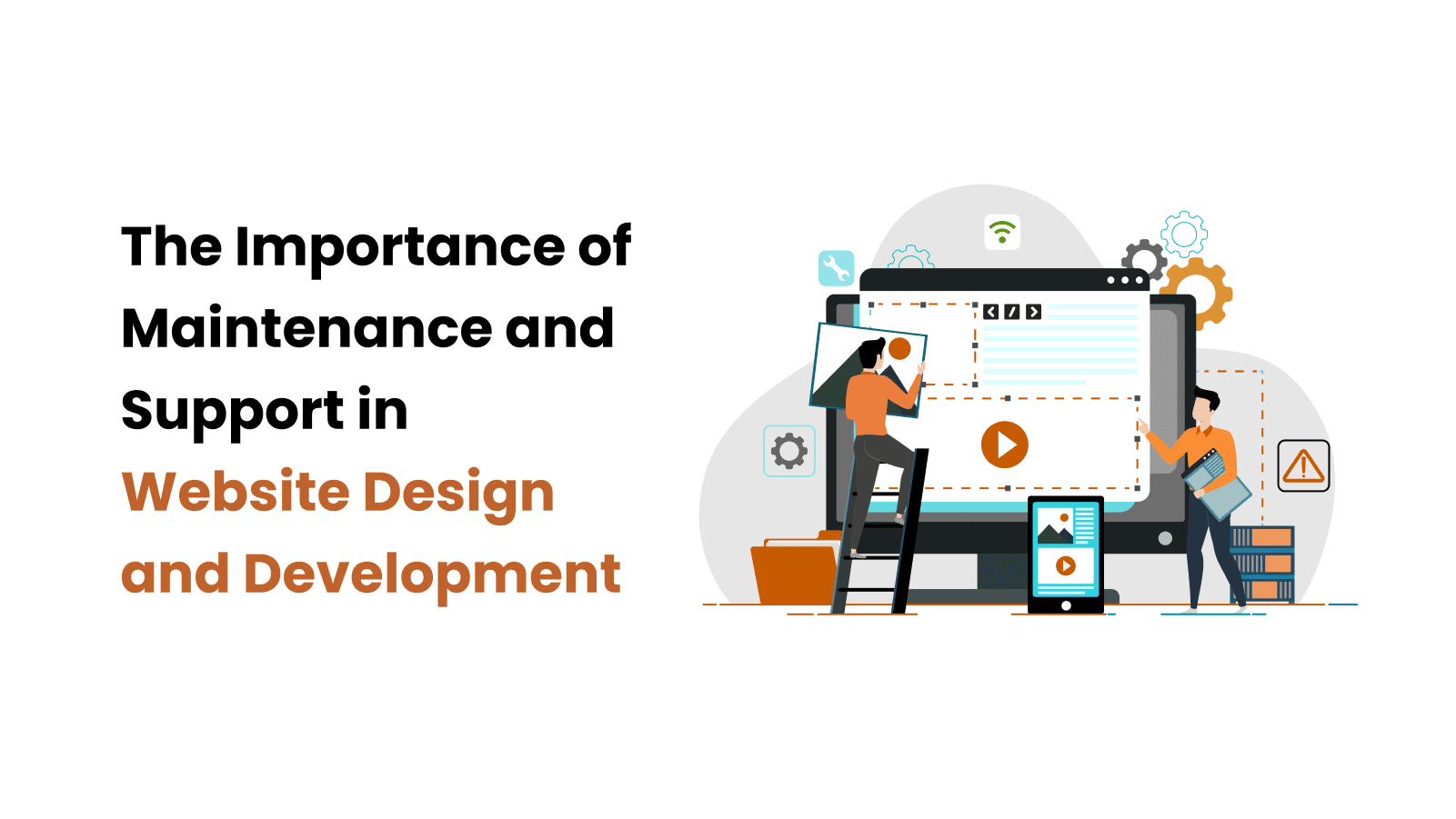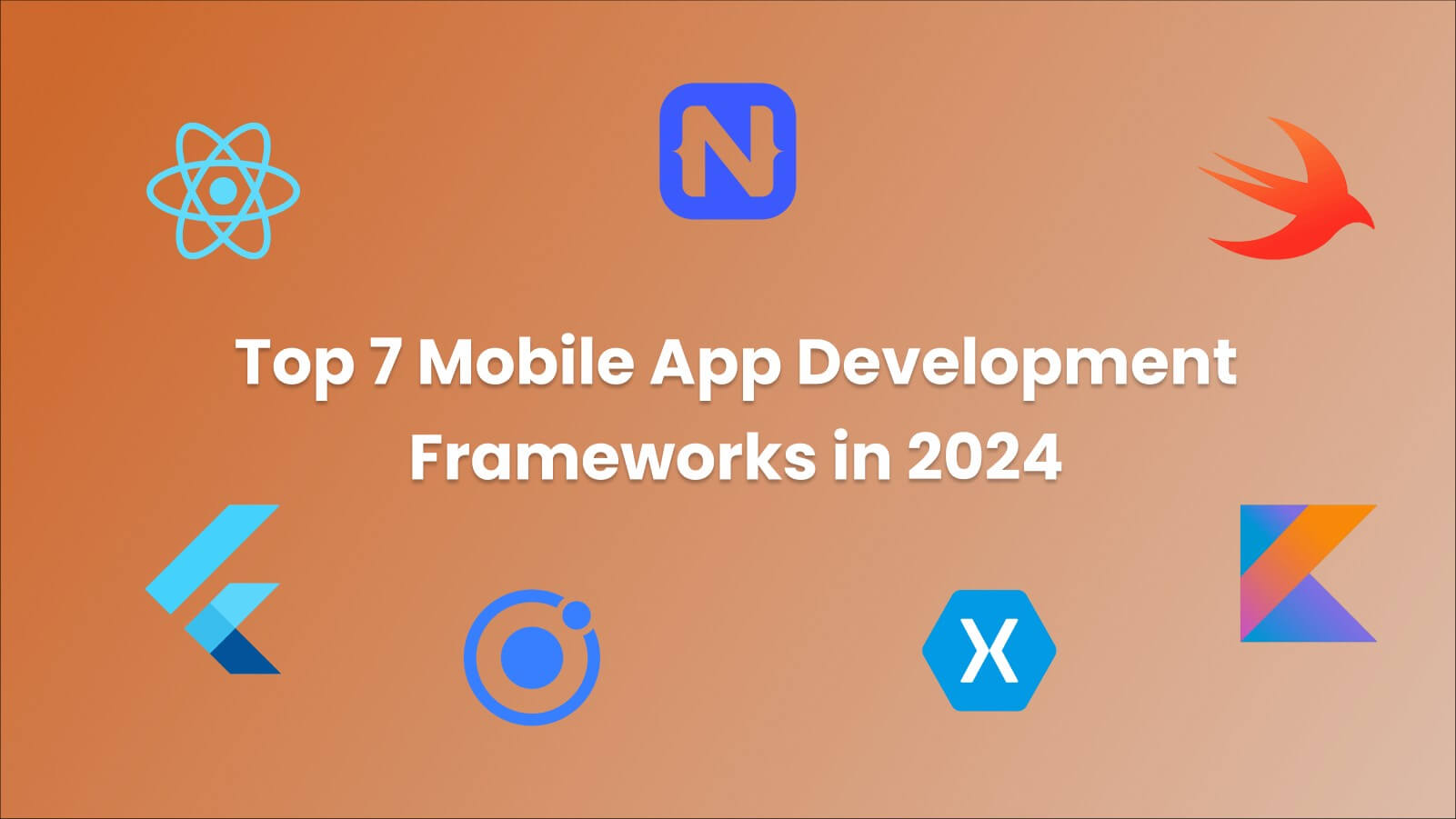
The world’s economy grows steadily. Our financial well-being means we would have more means of personal and public transportation. Our businesses are rapidly growing and increasing demand for goods transportation too. Overall vehicular movements on the roads are touching new highs and we are facing a shortage of parking spaces, mostly in urban areas. The owners of vehicles are facing extreme difficulties in finding parking places and moving here and there frequently for safe and legitimate parking. However, with the advent of modern technologies, we have found various solutions and mobile parking applications are one of them. Today, people are talking about “smart parking” which is something more than a mobile app. Smart parking solutions involve the latest technologies, including ultrasonic, AI, IoT, RFID, and others. The combination of such advanced technologies has eased many pain points of the parking industry. However, the pivot component of smart parking solutions is the parking app. Therefore, the owners of parking spaces whether they are local governing bodies or private real estate, looking for viable parking apps working for their spaces. Keeping the demands in mind, many app entrepreneurs have invested in parking app development and today we will have an ultimate guide to building a parking app. The parking app industry boasts different types of mobile and web applications or a combination of both. Obviously, the web interface remains as the back-end while the mobile app becomes the front-end. Therefore, we will discuss an application in a general sense. Parking App Types Based On Coverage- Before developing a smart parking application, you must define its geographies or areas to cover, Local Parking App The majority of app startups are building parking app up to a specific area like a city, state, or country. Thereby, they are local in a sense. Global Parking App With the pace of time, local apps scaling up and covering different areas of the world. For example, ParkMe is a global app and covering more than 65 countries today. We can build parking app types based on functionality or say purpose. Park Management App This type of platform involves functions like searching, reserving, and paying for the parking space. Park Assistant App Here, parking app developers build parking app around one or more tools, such as: Here, the tool is navigation. Drivers can search the nearest place to park space for their vehicles in advance. In a sense, the app helps you navigate the best space nearby your destination place. Here, the app allows drivers to navigate the suitable space as well as booking that space in advance. The period may be a few hours or days in advance. You need to pay at the time of checkout the space in person, and the app doesn’t allow payment. On-demand service apps are of these types. Here, the app offers a complete set of tools, such as navigation, booking, and payment. Thus, the app lets customers pay for parking within the app itself at the time of checkout. Moreover, the parking owner/manager can charge a partial or full amount as the deposit at the time of booking. Today, most apps contain complete solutions and other custom features as well as functionality. The smart parking applications offer the following functionality: The benefits of smart parking apps are numerous but we will see only some important ones. Today, urban parking plots are vertically expanded due to the high premium real state. However, some parking plots are horizontally wide and cover large spaces such as parking at airports and railway stations. Drivers never prefer to move their vehicles here and there to find the empty parking place, nor manually walk to locate a space. Therefore, such parking services use a software system to locate the empty slot. And we can bring the data in the mobile app directly. Thus, the app automatically displays the empty spaces in the app and drivers can book the suitable one for them. Some vehicles are parking for a few hours only while some are for an entire day or more. Now, the app can display the booking schedule with a time frame and let drivers book those slots in advance. This way app helps parking plot owners to get the maximum revenue for their parking spaces. App drastically cuts the additional movements of vehicles to locate the empty spaces and lets drivers drive straight from the road to their booked parking space. It saves time and fuel as well as decreases air pollution. Below are hints of a few considerations you need to count while going to build parking apps. By default, a parking app should have three kinds of user groups: For the driver’s profile, you need to develop the following modules when you are going to build parking app. For parking plot owners, some modules differ and we will discuss them here. In most cases, park owners hire service managers to manage the services, maintenance, and day-to-day activities relevant to the parking plot. Thus, the app allows the creation of a service manager role in the admin panel and allocates desired access to essential modules. Let’s see them. The following is an outline of the different steps involved in building parking applications. The followings are the list of required tech stacks to build parking apps. Since technologies are changing rapidly, I have avoided giving the name of technologies in the list. We already have discussed the different modules needed for each role of users. So, cost estimation will be based on those modules and their rates per hour. However, I would like to mention some factors which are likely to affect the entire cost estimation and those are: The followings are the most preferred ways to monetize your smart parking application. We at IIH Global will gladly come alongside you and share our technical knowledge of car parking mobile app development. Don’t be shy and contact us. If you still have second thoughts, you can book a free online consultation with one of our managers.Parking App Types:
Parking App Types Based On Functionality-
Parking App Types Based On Parking Management Tools-
Finding Parking Spaces (Navigation)
Reservation for Parking Spaces (Navigation & Booking)
Navigation to Payment (Complete Solution)
How Does Smart Parking App Work?
Benefits of Smart Parking Apps
App automatic locating a free space for you.
The app helps in maximizing the space utility.
The app saves time, fuel and reduces air pollution.
Considerations before Forming Strategy for Parking App Development
Features According to Parking Application User Groups
For Chauffeurs:
For Park Owners:
For Service Managers:
Steps to Build Parking App:
Tech Stacks to Build Parking Apps:
Estimation to Build A Smart Parking App:
How to Monetize Smart Parking App?










